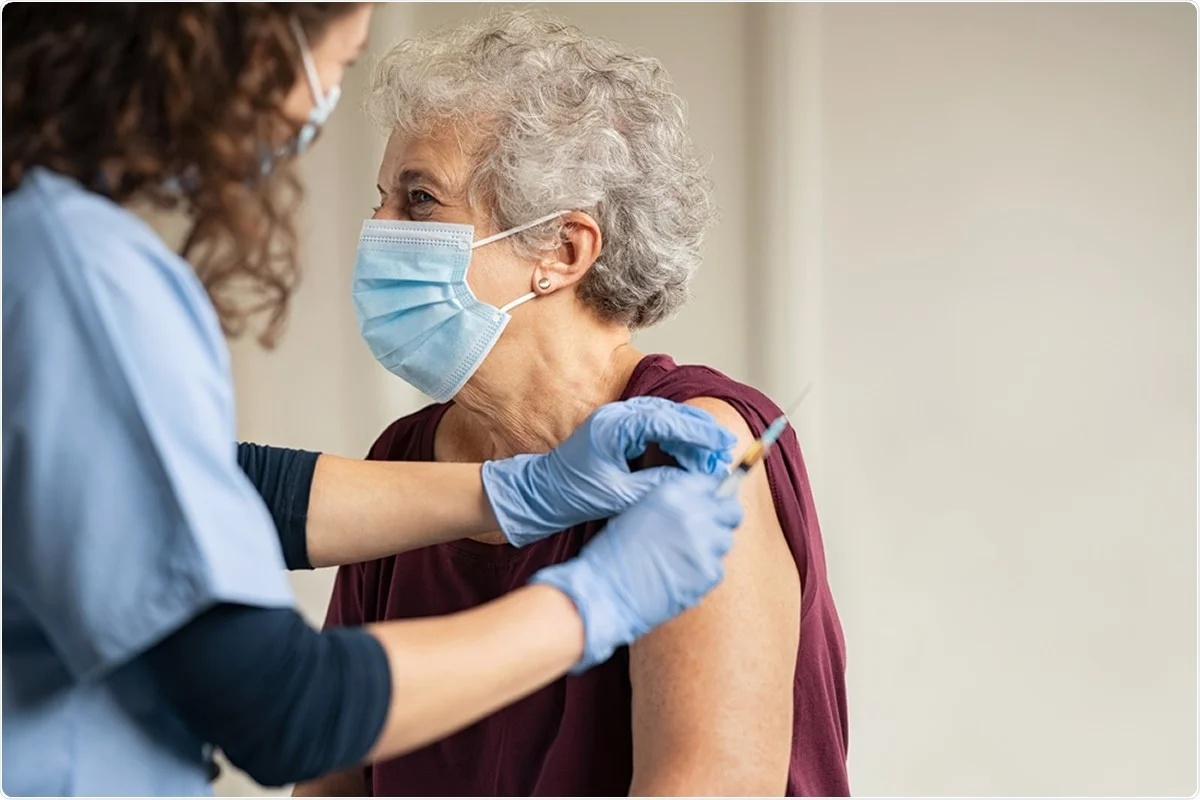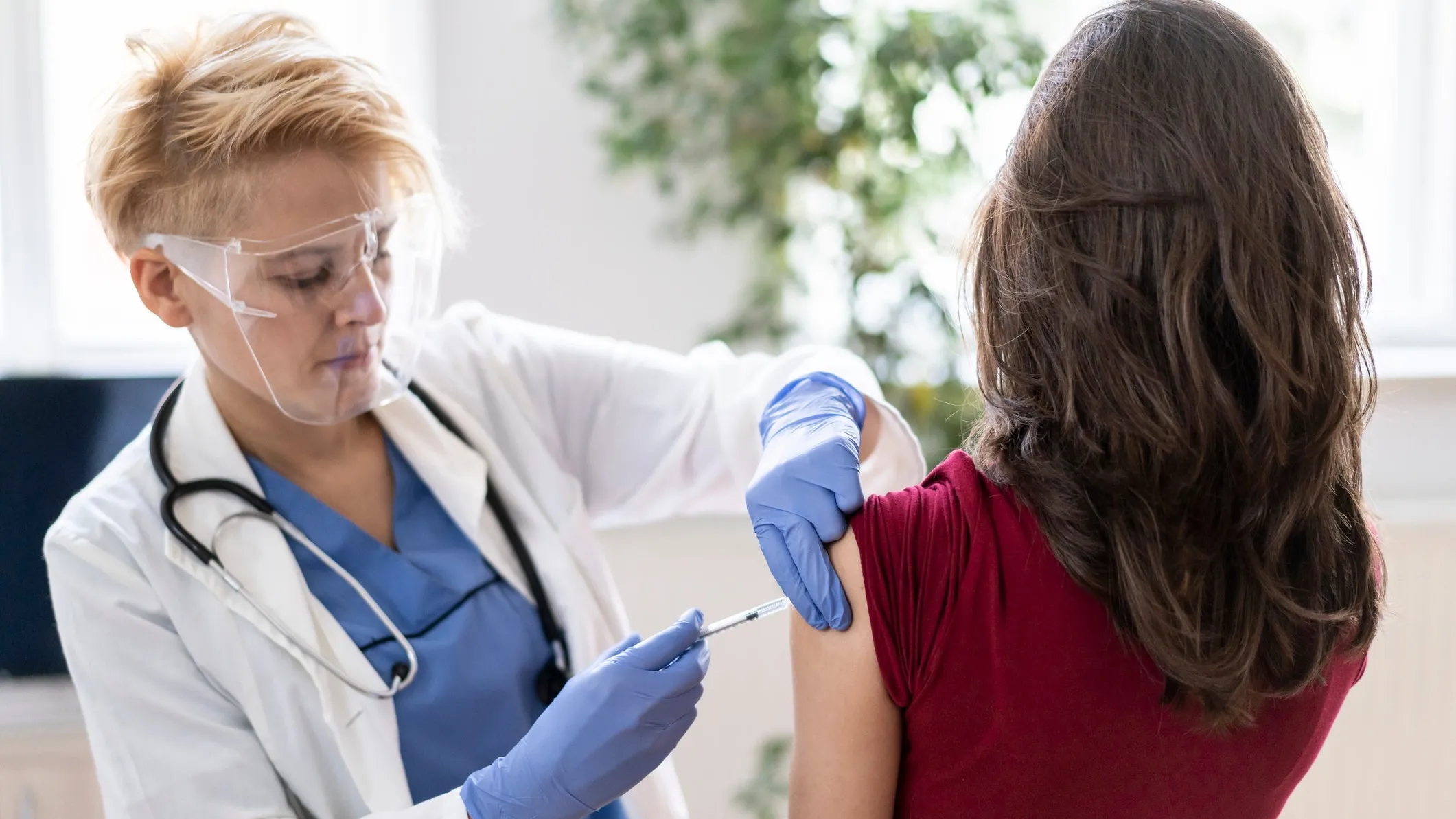Immunizations and vaccinations are crucial preventive measures that protect individuals from a wide range of infectious diseases. Primary care clinics play a vital role in administering vaccines, ensuring that people of all ages receive the necessary immunizations to safeguard their health. In this blog, we will explore the significance of immunizations and vaccinations, highlighting how primary care providers contribute to disease prevention. Let’s delve into the world of vaccines and their importance in maintaining a healthy society.
Take the first step towards better health and well-being. Contact Specialty Care Clinics at (469) 545-9983 and experience the difference that personalized, specialized care can make in your life. Your health is our priority, and we are committed to providing you with exceptional care every step of the way.

Understanding the importance of immunizations
Disease prevention: Immunizations are designed to stimulate the body’s immune system to produce an immune response against specific diseases. By introducing harmless components of a pathogen or a weakened form of the disease-causing organism, vaccines prepare the body to fight against potential infections. This preventive approach helps in eradicating or significantly reducing the incidence of many life-threatening diseases.
Community protection: Vaccinations not only protect individuals but also contribute to the overall well-being of communities. By achieving high vaccination rates, a concept known as herd immunity, the spread of diseases can be effectively controlled, protecting vulnerable populations who may not be able to receive vaccines due to medical reasons.
Prevention of complications: Vaccines are particularly effective in preventing complications and severe outcomes associated with infectious diseases. They can significantly reduce the risk of hospitalizations, disabilities, and even death. For example, vaccines against influenza and pneumonia are essential for individuals with weakened immune systems, the elderly, and those with underlying health conditions.

Key immunizations and vaccinations
Childhood immunizations: Primary care clinics provide a comprehensive schedule of vaccinations for children, protecting them against diseases such as measles, mumps, rubella, diphtheria, pertussis, and more. Vaccines like MMR (measles, mumps, and rubella) and DTaP (diphtheria, tetanus, and pertussis) are essential in preventing these infectious diseases.
Adolescent vaccines: Primary care providers offer vaccinations such as the HPV (human papillomavirus) vaccine, which protects against certain types of cancer, including cervical cancer. Additionally, vaccines against meningococcal disease and tetanus, diphtheria, and pertussis (Tdap) are recommended for adolescents.
Adult immunizations: Primary care clinics promote immunizations for adults to protect against diseases like influenza, pneumonia, shingles, and hepatitis. Regular vaccinations are particularly crucial for individuals with chronic conditions, pregnant women, and those over the age of 65.
Travel vaccines: Primary care providers also offer travel vaccinations to protect individuals from diseases prevalent in specific destinations. These vaccines may include protection against diseases like yellow fever, typhoid, hepatitis A, and others.
Conclusion
Immunizations and vaccinations provided through primary care clinics are vital for disease prevention, community protection, and safeguarding individual health. By administering vaccines according to recommended schedules, primary care providers play a crucial role in preventing the spread of infectious diseases and reducing their impact. Immunizations are not only essential for children but also for adolescents and adults, providing long-lasting protection against a range of preventable illnesses. Stay up-to-date with your vaccinations and consult your primary care clinic to ensure you are protected against vaccine-preventable diseases. Let’s work together to build a healthier and safer future through immunizations.
